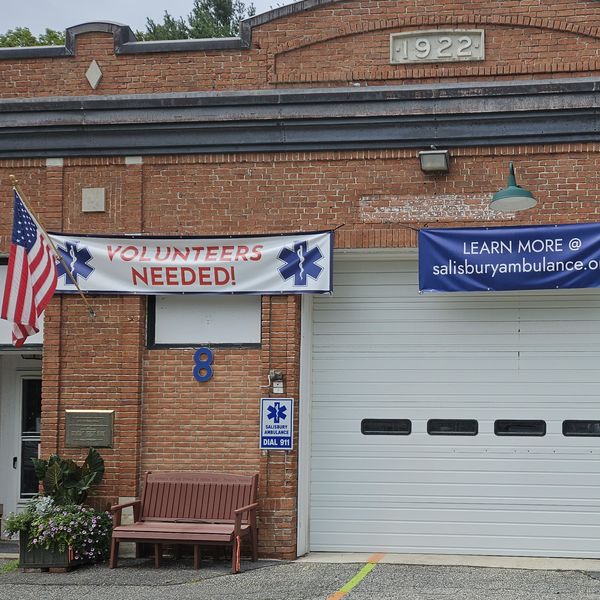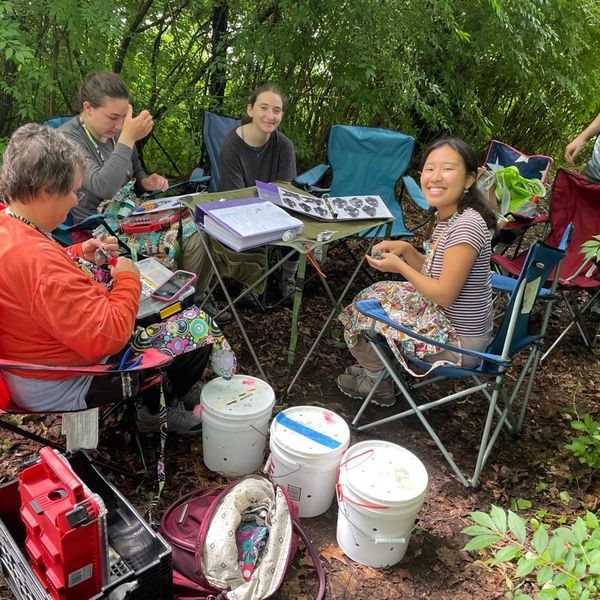The Connecticut Foundation for Open Government (CFOG) is a nonprofit educational organization founded on the principle that open, transparent government is in the public interest. CFOG sponsors an annual high school essay contest to encourage thought and debate among students across Connecticut on public and freedom of information issues. Here is the 2021 first place essay, answering the below question.
“Should the owners of social media platforms be legally responsible for libelous postings by users? Under present law, only the user is legally responsible for a libelous post.”
Even in Colonial times, journalist John Peter Zenger faced a libel trial in 1735, becoming a national symbol for free speech. Since then, debates over free speech have persisted. We now face the issue of balancing free speech on social media. Currently, only users themselves hold legal responsibility for libelous postings, not the platforms’ owners. It becomes clear that if social media platforms’ owners were to also hold legal responsibility for libelous postings, too much free speech would be sacrificed.
To understand this, we must define libel as the publication of false and malicious statements which may damage someone’s reputation. However, libel is not protected by the First Amendment which states that “Congress shall make no law … abridging the freedom of speech, or of the press …”
We are now faced with redefining what the press is — have social media platforms become the press? To me the answer is clear: yes. With many Americans relying on social media for the latest updates, and with politicians reaching their constituents through posts, social media is no longer just a place to post pictures from vacations. Social media is part of the new press.
Just as libel occurs in the press, we have seen libel in current events as false and often ill-intentioned statements circulate on social media. Particularly, former President Trump used Twitter as a platform for posting questionable information. His tweets about Nancy Pelosi, Joe Biden and other Democratic or even Republican politicians were often called out for being baseless.
New York Times Co. v. Sullivan in 1964 established that it is difficult for public figures to win damage suits for libel because that limits the public’s ability to criticize them. The court held that the First Amendment protects newspapers even when they print false statements, as long as the newspapers did not act with “actual malice.” However, Trump’s accusatory tweets could be considered libelous and malicious in nature. Eventually, Twitter ended up permanently suspending Trump’s account, under the premise that his false and ill-intentioned claims potentially incited violence.
Although Twitter’s actions were permissible, the question arose: should all social media platforms be required to have that level of involvement in users’ posts? Currently, Section 230 of the Communications Decency Act, passed in 1996 as one of the first groundbreaking pieces of internet legislation, lets internet companies establish the correct moderation for their own audiences. Thus, users can choose which platforms they want to be a part of: the free-for-all Reddit, or the restricted comment section on The New York Times website. So while companies can take a more active role in responsibility for libelous postings, not all do, and this variation seems to work best.
For example, the European Union once decided that platforms were legally required to take down anything they knew was illegal and would not receive any legal protection if they tried to curate content. What resulted were smaller ad companies and websites shutting down, as they couldn’t afford the costs of liability without protection. The internet began to shrink. Yes, consequences must remain for libelous postings and dangerously misleading information. However, placing legal responsibility on social media platforms’ owners would actually lead to more restriction than protection of the public as platforms create heightened rules in order to avoid lawsuits.
In order to keep the internet a diverse, equitable place, we must allow owners of social media platforms to choose their own levels of moderation and responsibility for postings. We should instead teach people how to go about social media with a sense of civic responsibility.
Nicole Burgon is a 2021 graduate of East Lyme High School, and the first-place winner of this year’s statewide CFOG High School Essay Contest.
















Free speech: a civil liberty central to American identity